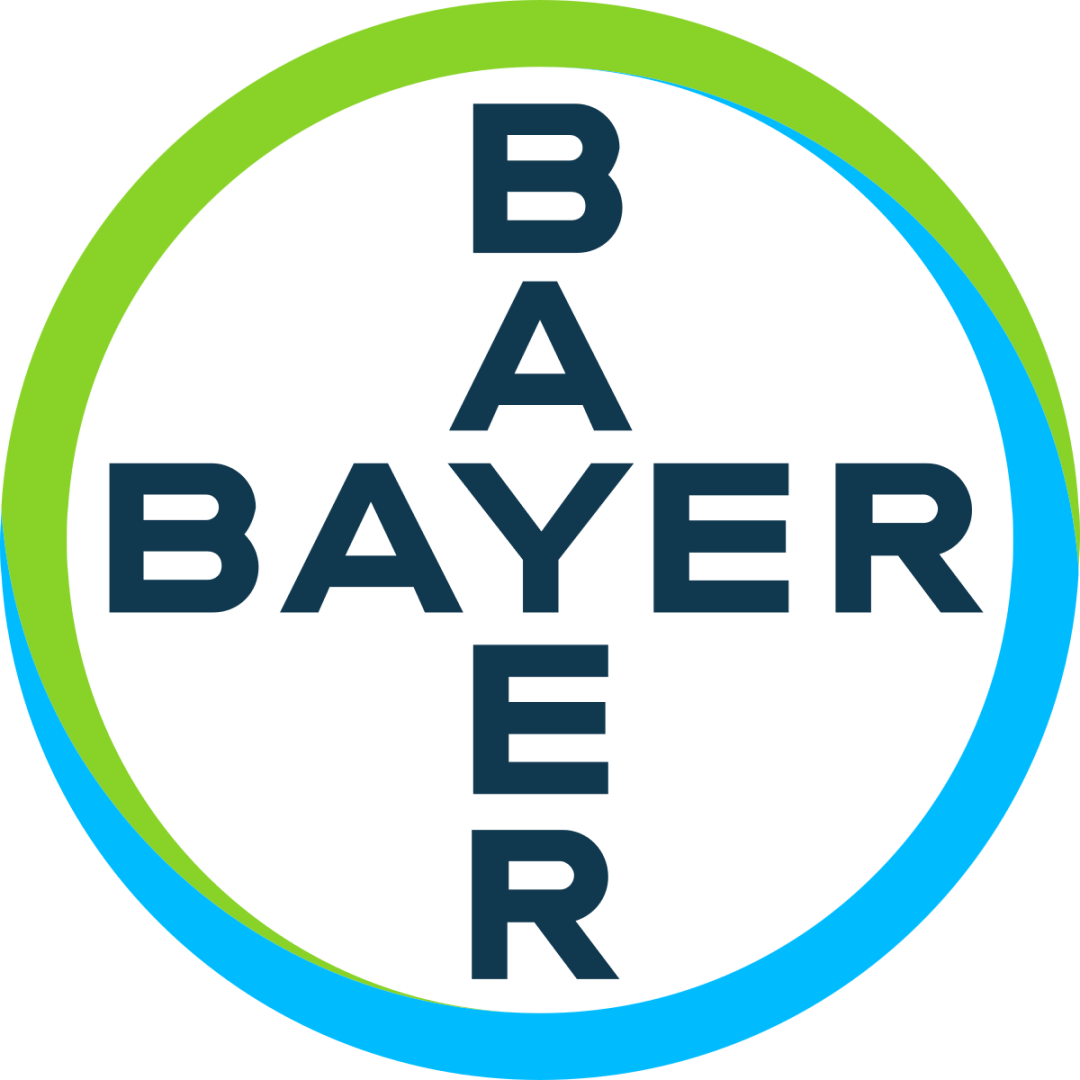
Bayer and Kumquat Biosciences enter global $1.3 Billion license and collaboration in precision oncology
On Aug. 12, 2025, Bayer and Kumquat Biosciences, a clinical-stage biotech company founded by pioneers of the KRAS pathway, announced that they have entered into an exclusive global license and collaboration to develop and commercialize Kumquat’s KRAS G12D inhibitor. Under the agreement, Kumquat is responsible for the initiation and completion of the Phase Ia study, while Bayer will complete development and commercial activities.
Kumquat received U.S. Food and Drug Administration (FDA) clearance of the investigational new drug (IND) for its KRAS G12D inhibitor in July 2025. Under the terms of the agreement, Kumquat will receive up to $1.3 billion, including upfront, clinical and commercial milestones, and additional tiered royalties on net sales. Kumquat retains an exclusive option to negotiate for participating in profit-loss sharing in the US.
Oncogenic driver mutations, such as KRAS mutations, are changes in the DNA of genes that drive the development and growth of cancer. These mutations are often identified as key targets for cancer treatment, and their identification offers the opportunity to develop target-specific drugs.
KRAS G12D mutations are found most frequently in 37 percent of pancreatic ductal adenocarcinoma (PDAC), 13 percent of colorectal cancer and 4 percent of non-small cell lung cancers. PDAC is the most common type of pancreatic cancer (accounting for 85 percent of cases) and remains one of the most difficult tumors to treat, with patients having few treatment options beyond chemotherapy and the five-year survival rate being less than 10 percent.
Pancreatic cancer is the sixth leading cause of cancer-related death worldwide. The incidence continues to rise annually, with projections indicating a 95.4 percent increase in new cases by 2050, potentially reaching a total of 998,663 new cases globally.
Tags:
Source: Bayer
Credit:
